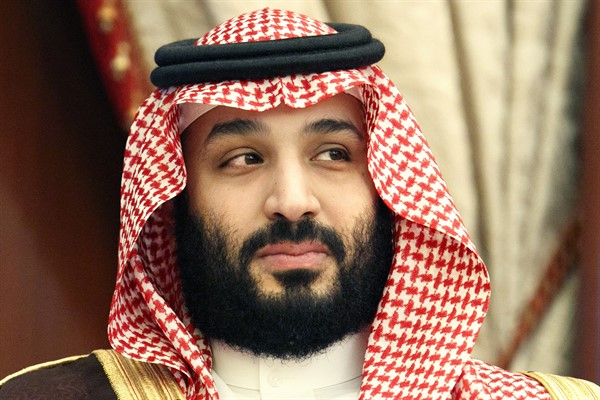U.S. President Joe Biden’s “reset” of Washington’s approach to the Middle East increasingly looks like a continuation of the policies of his predecessor, former President Donald Trump, with an added measure of piety and evasion about what’s really driving the administration’s decision-making process.
But an unwitting admission might have come last week when a White House reporter asked Biden why he changed his mind about meeting Saudi Arabia’s once-blacklisted de facto ruler, Crown Prince Mohamed bin Salman, known as MBS. “The commitments from the Saudis don’t relate to anything having to do with energy,” Biden responded, despite the fact that he was not asked specifically about energy policy.
The shifting plans on his Saudi Arabia visit, which the White House denied was taking place as recently as last month, along with the garbled explanation sum up the confused nature of U.S. policy toward the Middle East. Biden’s trip, now scheduled for July, will likely be dominated by international security issues, as the White House seemed to suggest, but U.S. policy toward the region remains a reactive scramble.

